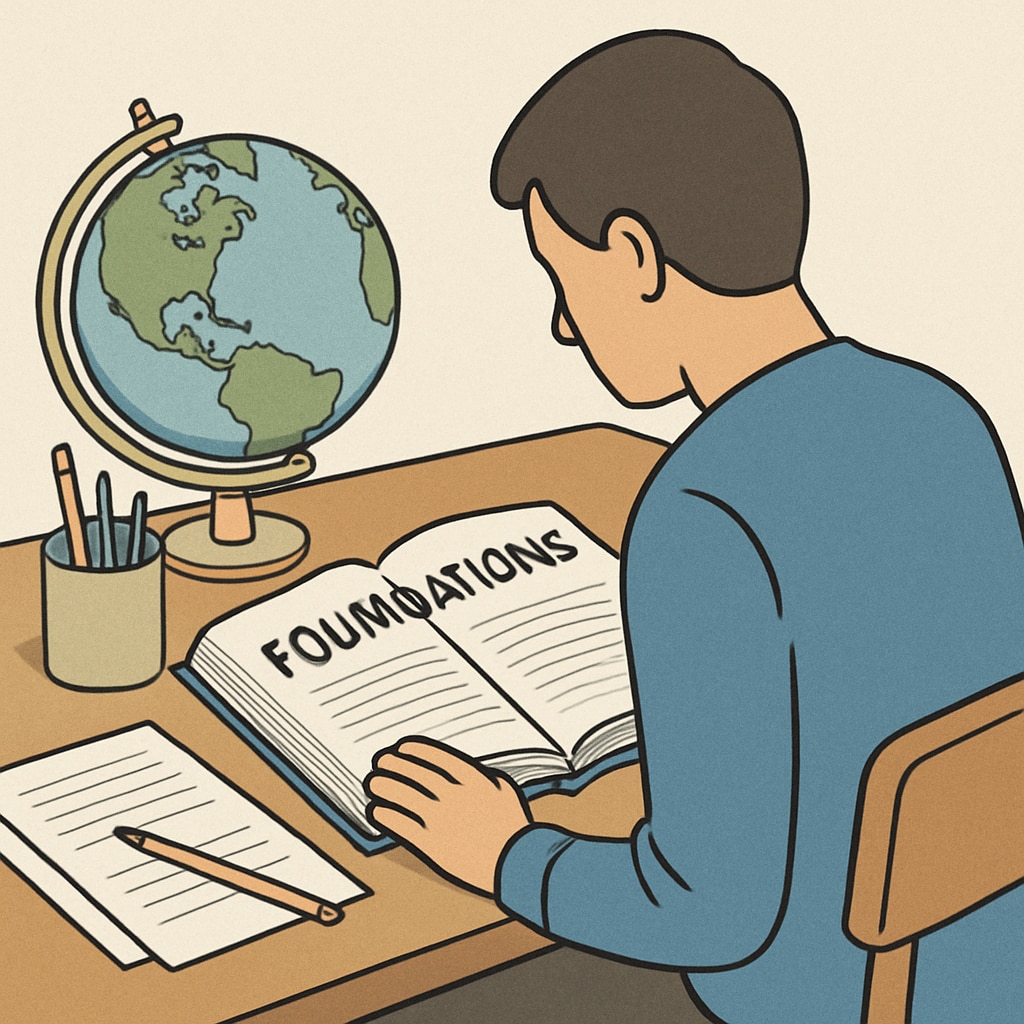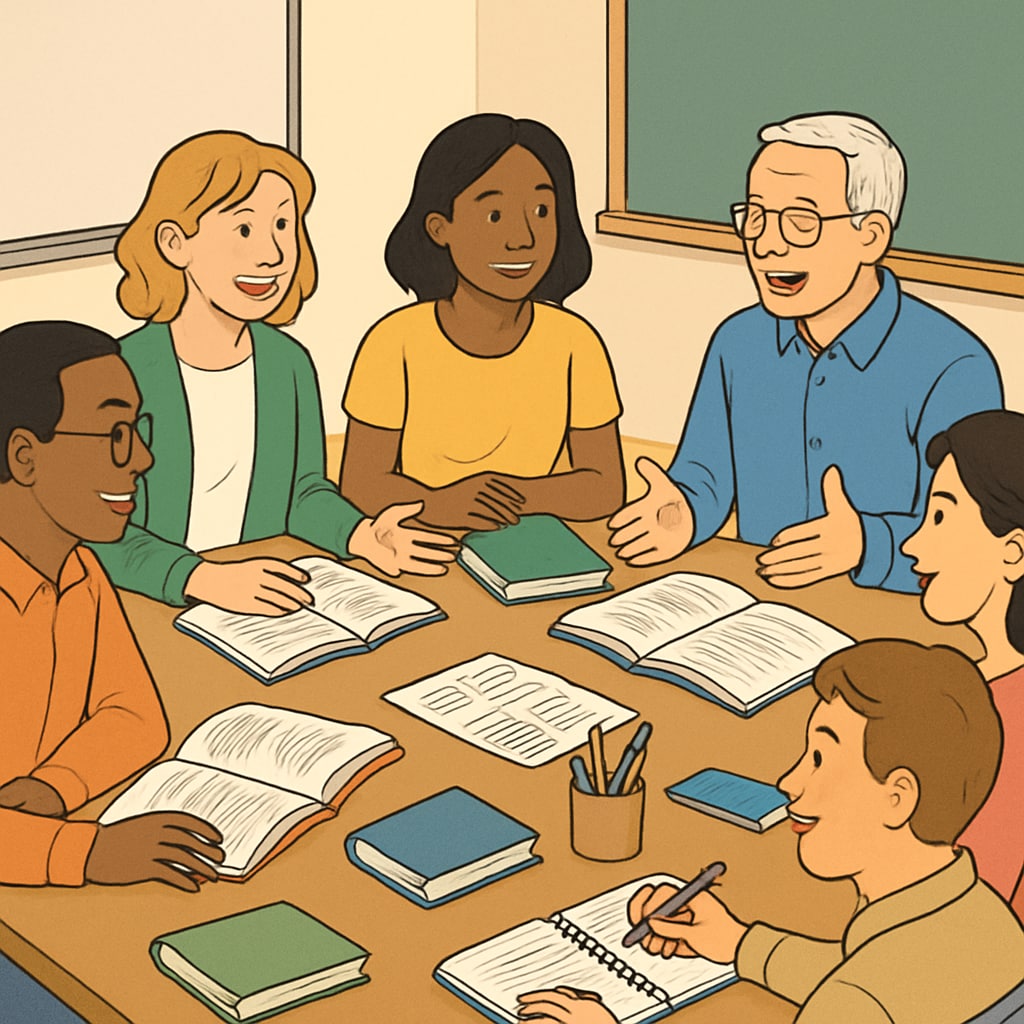Childhood educational gaps often leave adults struggling with foundational knowledge, impacting both learning capabilities and social interactions. For many, these deficiencies can lead to a persistent sense of self-doubt and inadequacy, making it difficult to thrive in personal and professional settings. However, it is never too late to address these gaps. By understanding the roots of educational deficiencies and implementing a structured approach, adults can rebuild their knowledge base and regain confidence.

The Impact of Childhood Educational Deficiencies
The consequences of childhood educational gaps can be profound and long-lasting. Adults who missed out on foundational education often face challenges such as difficulty understanding new concepts, slower learning speeds, and an enduring sense of self-doubt. These challenges can affect career advancement, relationships, and overall self-esteem.
For example, someone lacking basic mathematical skills may find it hard to manage personal finances or pursue careers requiring analytical thinking. Similarly, gaps in literacy may hinder effective communication, a critical life skill. Over time, these limitations can foster a deep sense of inadequacy, further exacerbating feelings of isolation and self-doubt.
Rebuilding Foundational Knowledge
To address and overcome these gaps, adults need a systematic approach to rebuilding their foundational knowledge. Here are some actionable steps:
- Identify the Gaps: Begin by assessing which areas of knowledge are lacking. Online diagnostic tests or self-assessments can help pinpoint specific deficiencies.
- Set Achievable Goals: Define clear, realistic learning objectives. For instance, focus on mastering basic arithmetic before progressing to advanced math.
- Leverage Online Resources: Platforms like Khan Academy and Coursera offer free courses to help build foundational skills.
- Seek Mentors or Tutors: A mentor or tutor can provide personalized guidance and motivation, making the learning process more efficient.
- Practice Consistently: Regular practice is key to reinforcing newly acquired knowledge. Dedicate time each day to learning and application.

Combating Self-Doubt and Building Confidence
Addressing the psychological impact of educational gaps is just as important as rebuilding knowledge. Self-doubt stemming from perceived inadequacy can impede progress. Overcoming this requires deliberate efforts to boost self-esteem and resilience:
- Celebrate Small Wins: Acknowledge and celebrate progress, no matter how small. This reinforces a positive mindset and motivates continued effort.
- Surround Yourself with Supportive People: Join study groups or communities where individuals share similar challenges and goals.
- Focus on Growth: Shift your mindset from “I can’t” to “I’m learning.” Embrace the journey of growth rather than fixating on shortcomings.
- Seek Professional Help: If self-doubt becomes overwhelming, consider consulting a therapist to work through underlying insecurities.
The Long-Term Benefits of Bridging Educational Gaps
While the process of addressing childhood educational gaps can be challenging, the long-term benefits are immense. Adults who invest in their education often experience improved job prospects, enhanced social interactions, and greater self-confidence. Moreover, the act of learning itself fosters a sense of accomplishment and purpose, contributing to overall well-being.
For example, individuals who strengthen their literacy skills may find themselves better equipped to engage in meaningful conversations, leading to stronger personal relationships. Similarly, those who address mathematical deficiencies may discover newfound opportunities in finance, technology, or other fields requiring quantitative skills.
Ultimately, bridging educational gaps is not just about acquiring knowledge—it’s about reclaiming self-worth and building a brighter, more fulfilling future.
Readability guidance: Use shorter paragraphs, bulleted lists, and transitional words to ensure clarity and flow. Balance practical advice with motivational insights to engage and inspire readers.


